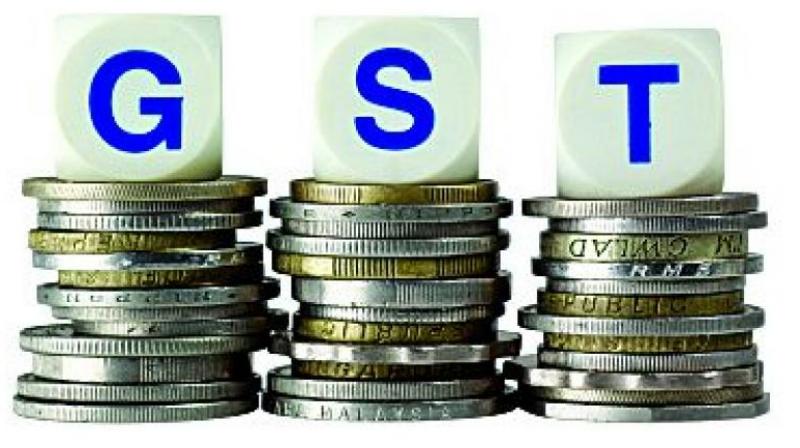Amid furore, AIADMK government moves GST bill
The AIADMK walked out of both Houses of Parliament when the Centre's GST Bill was passed in August 2016 demonstrating their opposition to the move.

Chennai: Amid ruckus and sloganeering by Opposition DMK MLAs, Tamil Nadu Government on Wednesday moved the state GST bill in the Assembly with commercial taxes minister K. C. Veeramani saying that the legislation will “simplify and harmonise” the indirect tax regime.
Vociferously opposed to the GST Bill when J. Jayalalithaa was alive, the Tamil Nadu Government and it’s ruling AIADMK opposed the new tax regime tooth and nail contending that Tamil Nadu as a “manufacturing state” would lose its revenue once the tax regime comes into force. The AIADMK walked out of both Houses of Parliament when the Centre’s GST Bill was passed in August 2016 demonstrating their opposition to the move.
However, after the Bill was passed in Parliament, the state government had participated in all meetings of the GST Council and proposed several changes to the tax regime, some of which were accepted.
Mr Veeramani moved the Tamil Nadu Goods and Services Tax Bill, 2017 in the Assembly on Wednesday as the DMK members were on their feet demanding a detailed discussion on alleged bribing of MLAs to vote for the V. K. Sasikala faction in the February 18 trust vote.
The minister said the proposed legislation confers power upon the state government to levy GST on intra-state supply of goods and services and will also simplify and harmonise indirect tax regime in the state.
“It is expected to reduce cost of production and inflation in the economy, thereby making the trade and industry more competitive,” the minister told the House, while moving the Bill. The Bill will be passed during the session as the Union Government is set to roll out the GST regime from July 1.
Explaining the benefits of the GST, Mr Veerama-ni said the current system of large number of taxes create high compliance cost for the taxpayers in the form of number of returns and payments
“Therefore, in view of these difficulties, the various taxes are proposed to be subsumed in single tax called GST and a legislation was necessary,” he said, adding that the state government can continue taxing petroleum products like motor spirit, high speed diesel, natural gas and Aviation Turbine Fuel (ATF) till the date on which the GST Council recommends for levying of GST on these.

